The Road To Kickstarter – Spreading The Word
January 26, 2016 by crew
Massive Awesome is Simon Barlow and John Taylor, friends and business partners whose shared love of gaming and a desire to make something awesome prompted us to set out on our own. We are currently deep into preparation for the launch of the tabletop miniatures game Shattered Earth on Kickstarter on February 10th.
In this ongoing series – the previous entries of which you can read HERE (Part 6 – The Rules Of The Game) – our aim is to write about all the steps we’ve taken along the way, and to create an ongoing discussion with the community about what it takes to launch a brand new game into the market.
14) People Power
As mentioned in our previous post, you cannot expect to produce a perfectly balanced game on your first attempt unless you are a genius or very, very lucky. At Massive Awesome, we’re not betting on neither of those suppositions being true so we’re doing what we think every game designer should do and getting our game in front of as many people as possible.
If you are part of a really big and diverse gaming group, you may be able to get them to do a lot of the playtesting necessary to iron out the creases, but you should probably also reach beyond your immediate contacts to source as wide a group as possible. The only limit to how many people should be testing and offering feedback on your game should be your logistical ability to collect the feedback and take it into consideration.
All games will require balancing and rules changes as they get played by more and more people; most of the big war games are somewhere between their third and seventh iteration. That isn't to say that the game should be released too early with the plan of fixing it continually, but rather you need to find a point where you are happy that you have refined your rules as best you can.
You can then release your first edition and see what the exponential increase in feedback from thousands of players doing things to your game that you have never imagined does to your rules. Hopefully, if you did as much playtesting as possible with a large enough group, the public shouldn't be able to break your game too soon.
The most important point to bear in mind when soliciting any kind of feedback is that you need to separate fact from opinion. A lot of people, particularly in this hobby, have very strong opinions, but they aren't always backed up by facts. If you’re going to open up your rules to the wider public – and you really should consider it – then expect to sift through a high volume of opinion before you get to those facts.
One extremely useful approach is to find the basis of the strong opinion, and ask the person to say some more about it. A constant process of iteration and refinement will help solidify the ideas in their head, and they will either see things differently (if their opinion differs to yours), or they will be able to offer you concrete data to support their argument that gives you something tangible to work with.
15) Grow Your Community
As well as plenty of playtesters, you will certainly want to get the word out about your game to as many potential customers as possible. Traditionally, companies viewed community building as a sub-set of marketing and promotion, but there has been a movement in recent years towards a more personal relationship with customers through specialist websites and social media.
Modern marketing is therefore more about building a community. Growing your network of ‘key influencers’ and developing a relationship with the people that play your game is a far more honest and direct way of getting the word out.
While advertising has a larger and more direct reach, it provides only one way traffic and offers no capacity for the community to give feedback. While it can be disparaging to get negative feedback on something that you have put a lot of effort into creating, you have to remember that all feedback, positive or negative, is useful.
If someone is posting something negative about part of your game, chances are they are not the only person in the world to think that. This is where having an engaged audience that you regularly interact with shows its strength, as you can directly talk to people who are interested in your game and try to address their concerns.
We at Massive Awesome would much rather reach potential players through direct communication on sites like Beasts of War and Facebook than through paid ads only. That’s not to say that traditional marketing isn’t important as it certainly fulfils a very specific role, more that there is a certain cynicism towards companies that push the hard sell rather than inviting their customers into the discussion.
This is especially important for Kickstarter projects as the people buying your game are also investors, and you should do everything in your power to make them feel valued. They are your army, the ones who will fight your online battles and tell everyone that cares to listen about this super awesome game that they’re deeply passionate about. You need to nurture your community and treat them with respect.
16) Tell The World
There is a huge amount of information available online and in literature on marketing – you could even study for a Masters Degree in it if you wished – so there is a limit to what we can cover here. In the tabletop gaming world, there are a handful of websites and major events each year for companies like ours to promote ourselves at.
The more established companies will send representatives to all of these events and will advertise on all of the major websites, but for start-ups with limited staff and money, choices have to be made. Can you afford the plane tickets, booth and equipment costs, hotel room, and sundry expenses involved in attending a foreign convention? How about a takeover ad on your favourite site? Maybe you can afford one of these but not the other, so which do you choose?
This is where you have to be clever about finding the right opportunities for marketing. When we hire someone like Stephan Rath or Robert Carlsson to paint our models, not only do we get amazingly painted miniatures for our money, we also get built-in exposure to their existing fan-base.
And their fans are more likely to look into Shattered Earth if they know it’s been recommended by someone they trust – they become key influencers too. The boardgame equivalent would be to send an advance copy of your game to one of the well-known video reviewers and hope that they like it. The benefit of that kind of positive exposure can far outweigh the cost of giving away a few copies of your game.
This article series is another example; we put in hours of work each week, writing, proofreading and polishing the articles and in return for that effort, we get exposure on the biggest war gaming website in the world. There’s a great deal of worth in this and it is far less cynical than traditional advertising; we give something to the community and, hopefully, the community gives something back to us.
Painted Miniatures By James Wappel
If you would like to write articles for Beasts Of War then please get in contact with us at [email protected] for more information!
"...we’re not betting on either of those suppositions being true so we’re doing what we think every game designer should do and getting our game in front of as many people as possible."
Supported by (Turn Off)
Supported by (Turn Off)
"When we hire someone like Stephan Rath or Robert Carlsson to paint our models, not only do we get amazingly painted miniatures for our money, we also get built-in exposure to their existing fan-base..."
Supported by (Turn Off)





























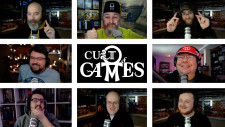

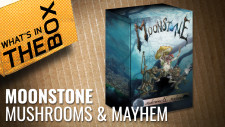
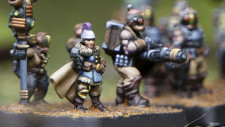
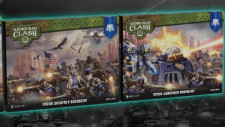
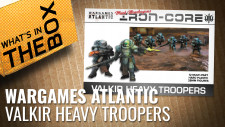

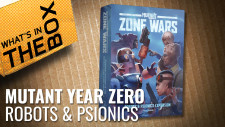





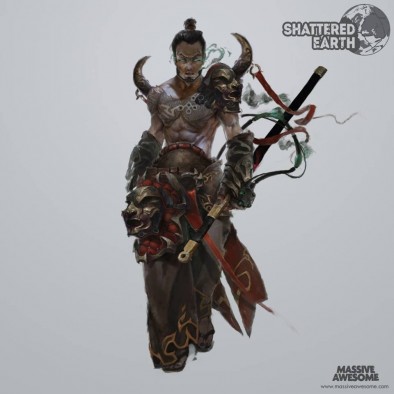
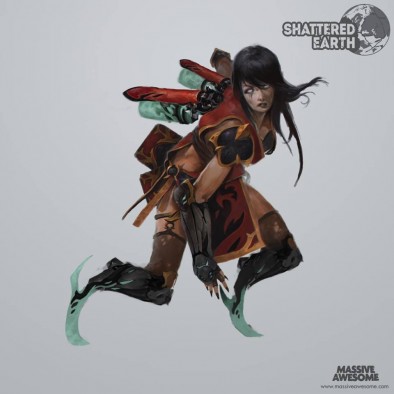
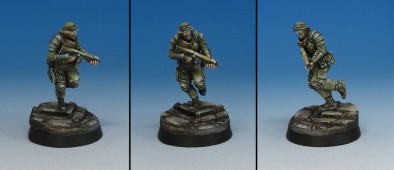
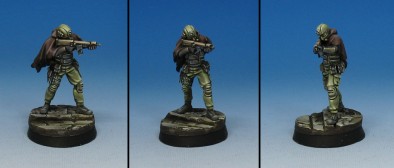
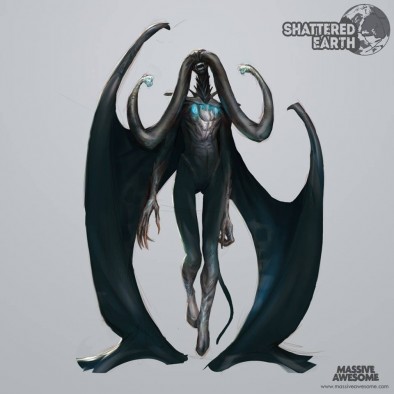
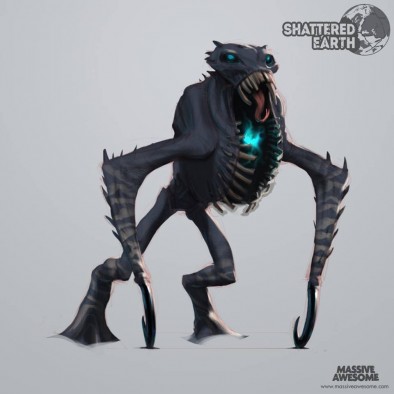


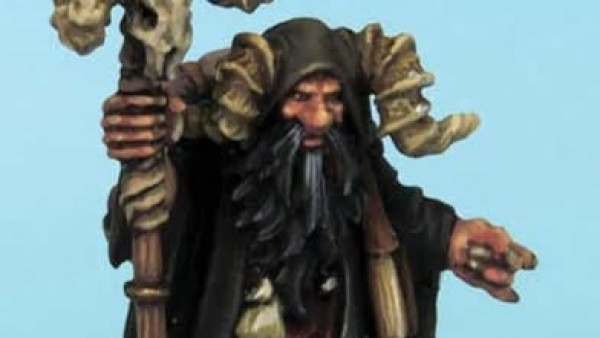
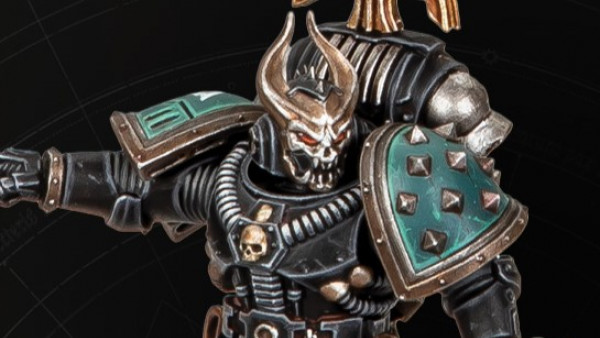
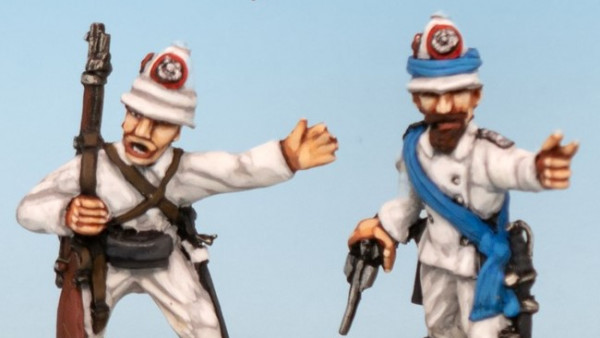
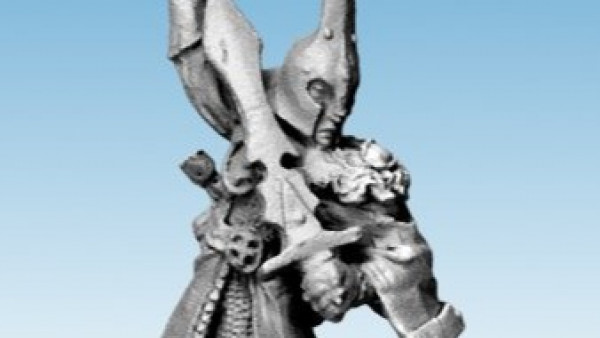
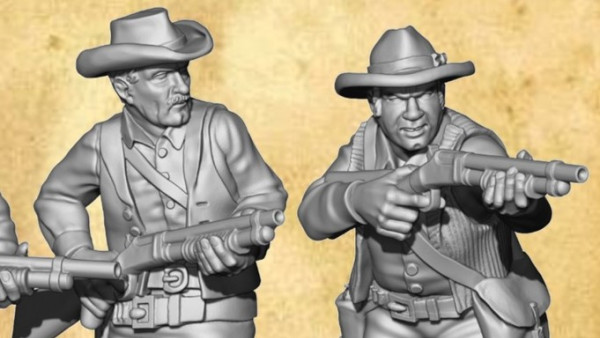
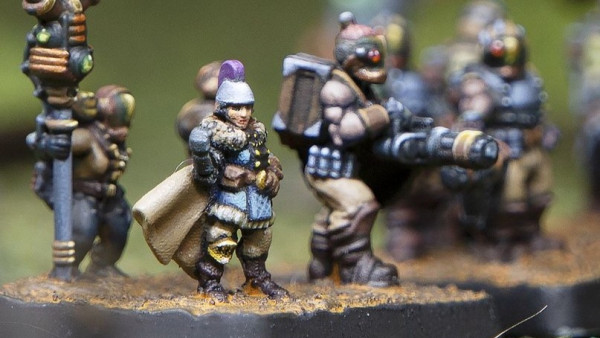
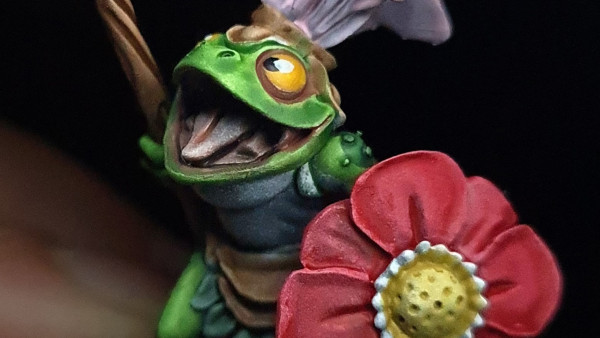
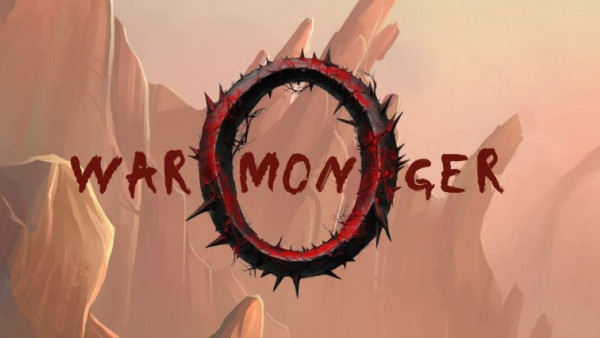
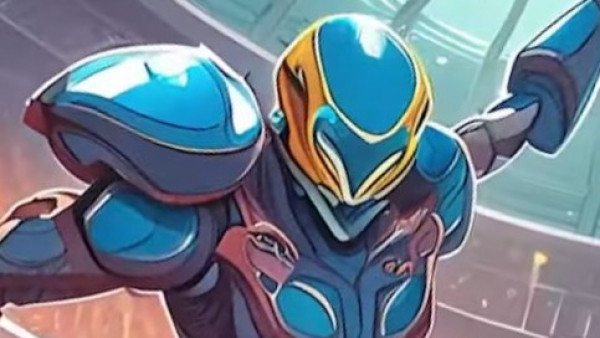
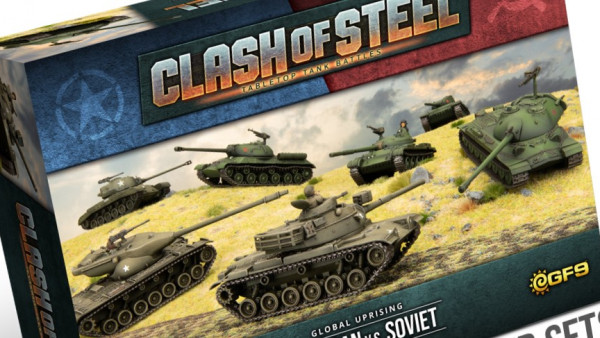
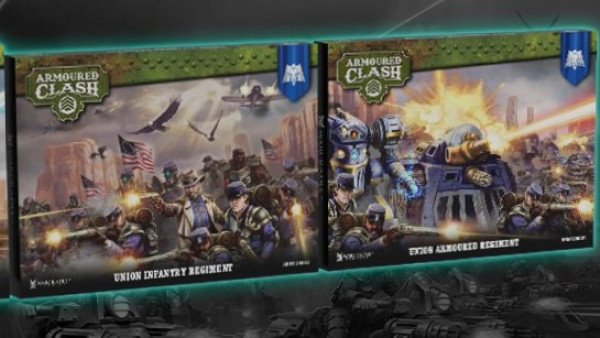
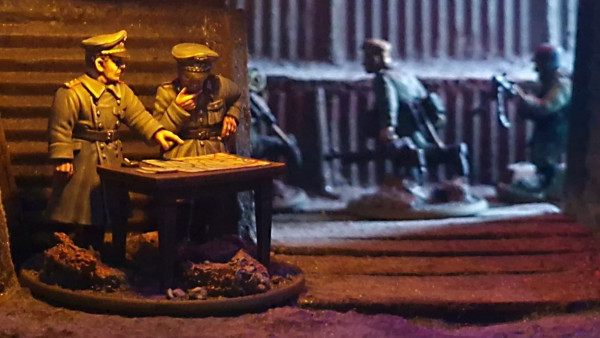
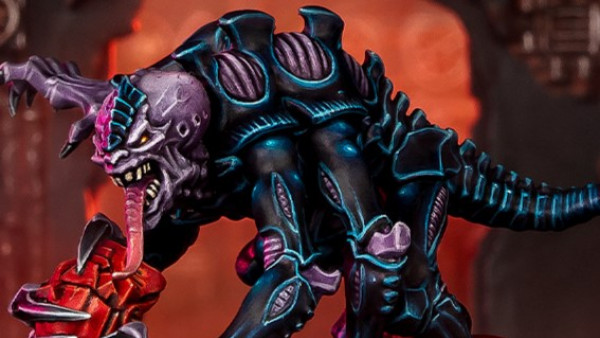
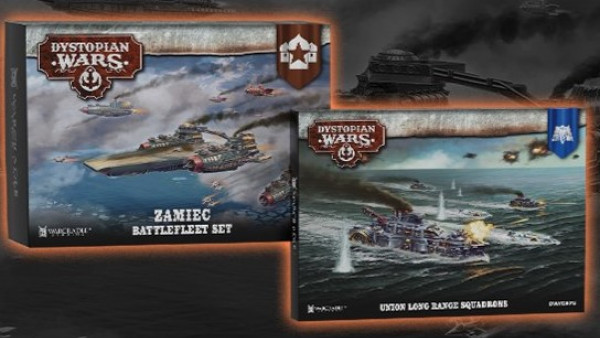
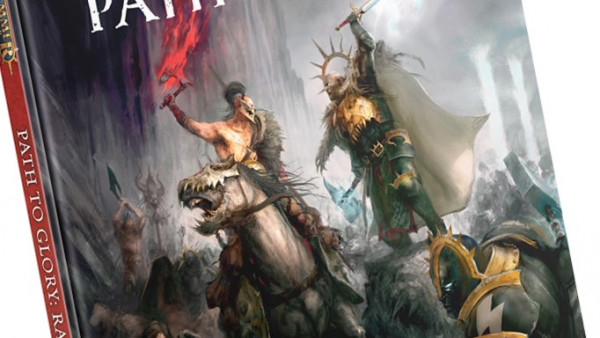
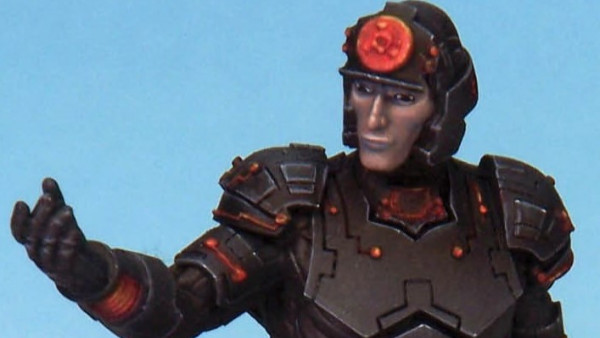
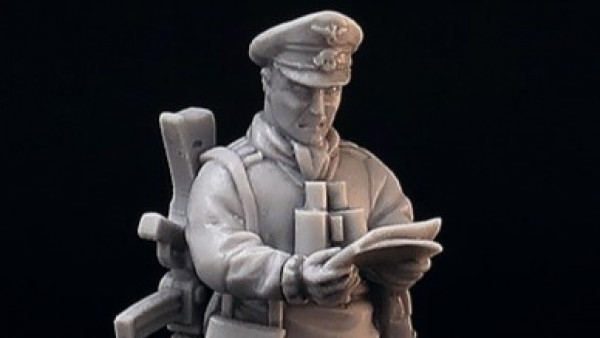
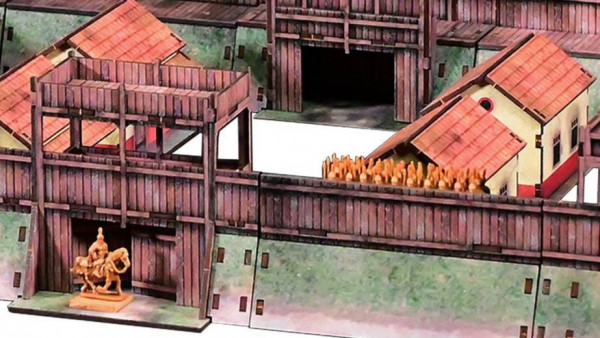
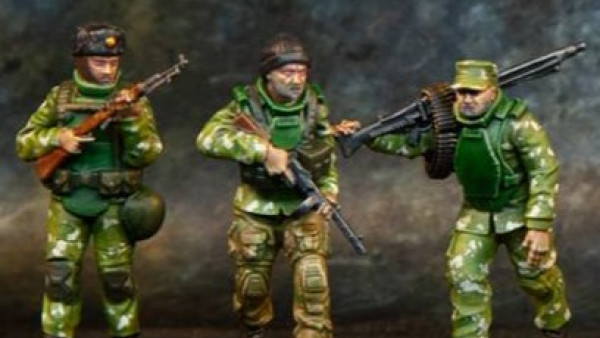
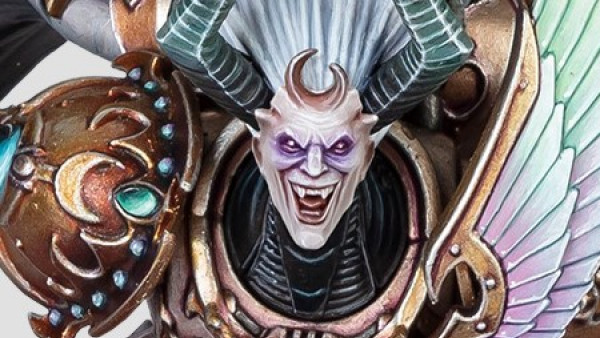
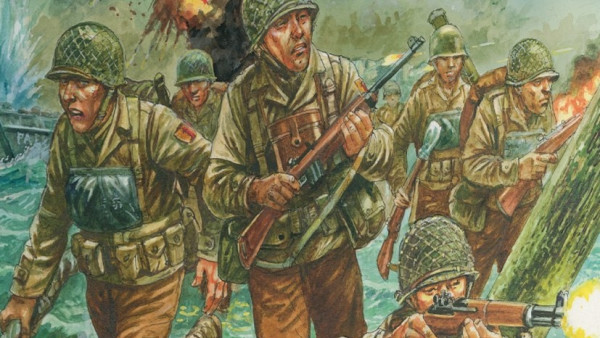
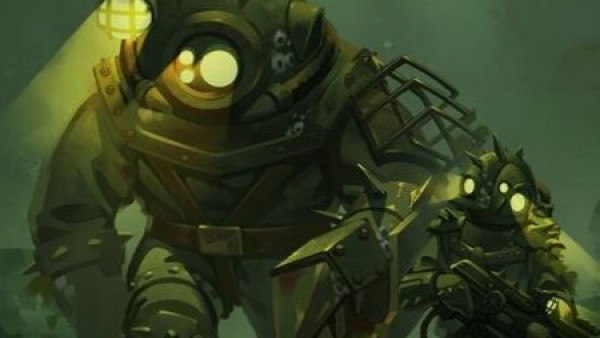


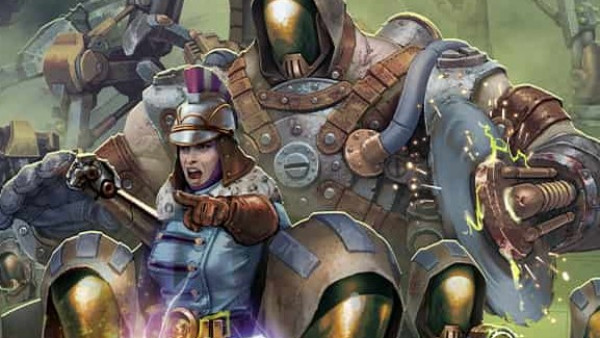
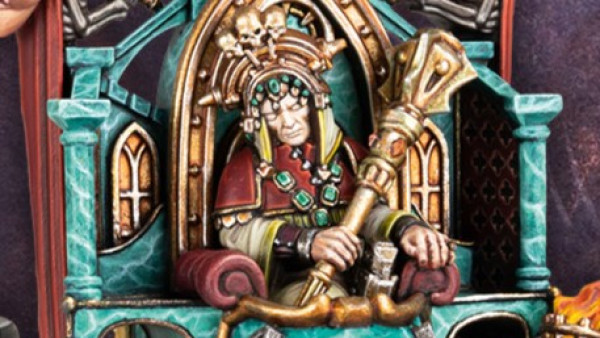
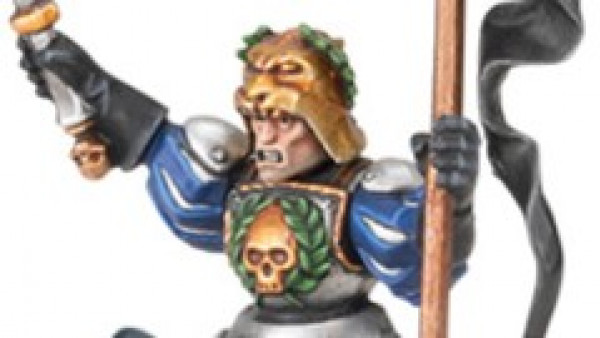
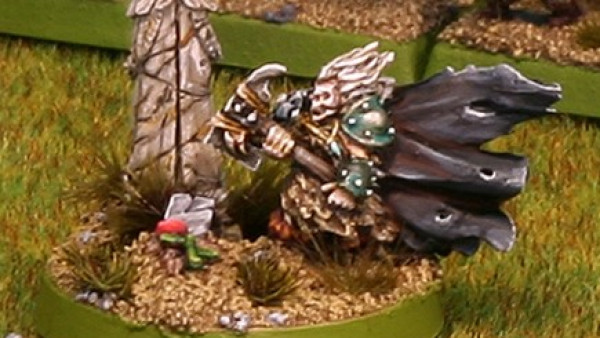
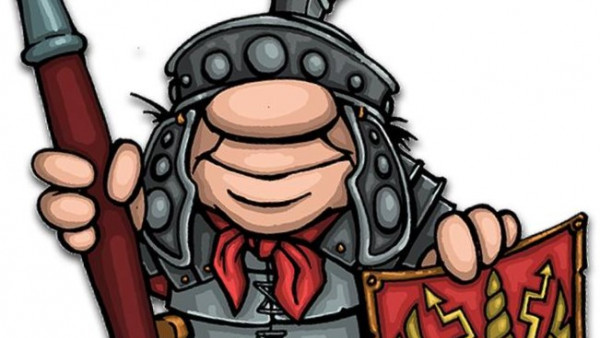
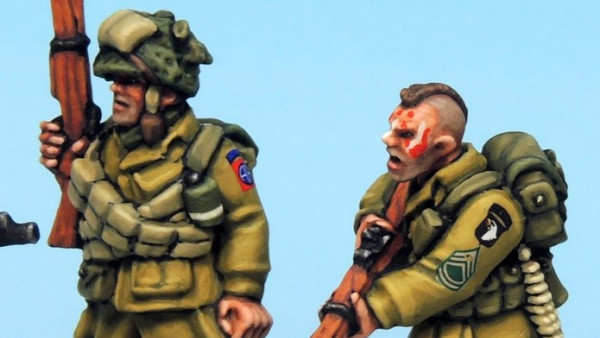
Okay, all the articles where really a pure fun to read, so the result is that I blocked some money for 10th of february…. I might would hope for an article about the post-KS era as most Ks are failing there quite significant…Be it the problem how to react on unforseen problems and sharing these infos, how strong you still keep an eye on the comment section of the KS etc. Overall the whole communication aspect is a tricky thing, as right now I experience 3 KS where there excist no communication, just some random sharing of infos without any… Read more »
Hey dennycrane, thanks for the support. Good to know we’ll have at least one backer in a few weeks! As for communication, we are planning on continuing to write articles during and after the campaign, to let people know how things are going, whether good or bad. We are also big KS backers ourselves and I agree that campaigns with rare, irregular updates are very annoying and so this is something we certainly plan on addressing in our own campaign. There are only two of us, so we may not be able to instantly respond to every single comment across… Read more »
Thanks for Another interesting article.
How big are your normal human minis (foot to top of the head)?
Hey joerugby, our figures are 32mm true scale. I just measured the cloaked marine from the picture above and he’s 31mm from head to toe, not including base, so basically the exact same height as a standard Space Marine.
Thanks for getting back to me.
Sounds like they will fit in with the rest of my collection so I’m very interested. 🙂
I saw the concept art, I was tempted…
I saw the 3D renders, I was intrigued…
I saw James’ paint jobs on the Coyotes and now utterly sold! 🙂
Keep it coming guys, this is looking great so far
Another great article. Oh dear becoming a bit fanboi
Please avoid bad distribution deals, stupid constant rule tweaks and edition wars ( I blame DND for my aversion to constant updates) and power creep
I have a few systems that got ruined for me because they suffer from many of above
All great points. we’ve been looking into distribution for some months now so we won’t be jumping into any deals without having done a lot of homework. This is something we’d definitely advise other companies to look at ahead of time as if you wait until you need distribution before looking at options, you’re already behind schedule. We’re also doing as much playtesting as possible between now and printing out the book, partly for fun but mainly to get the rules as locked down as possible to avoid having to tweak them too much in the future. They’ll be available… Read more »